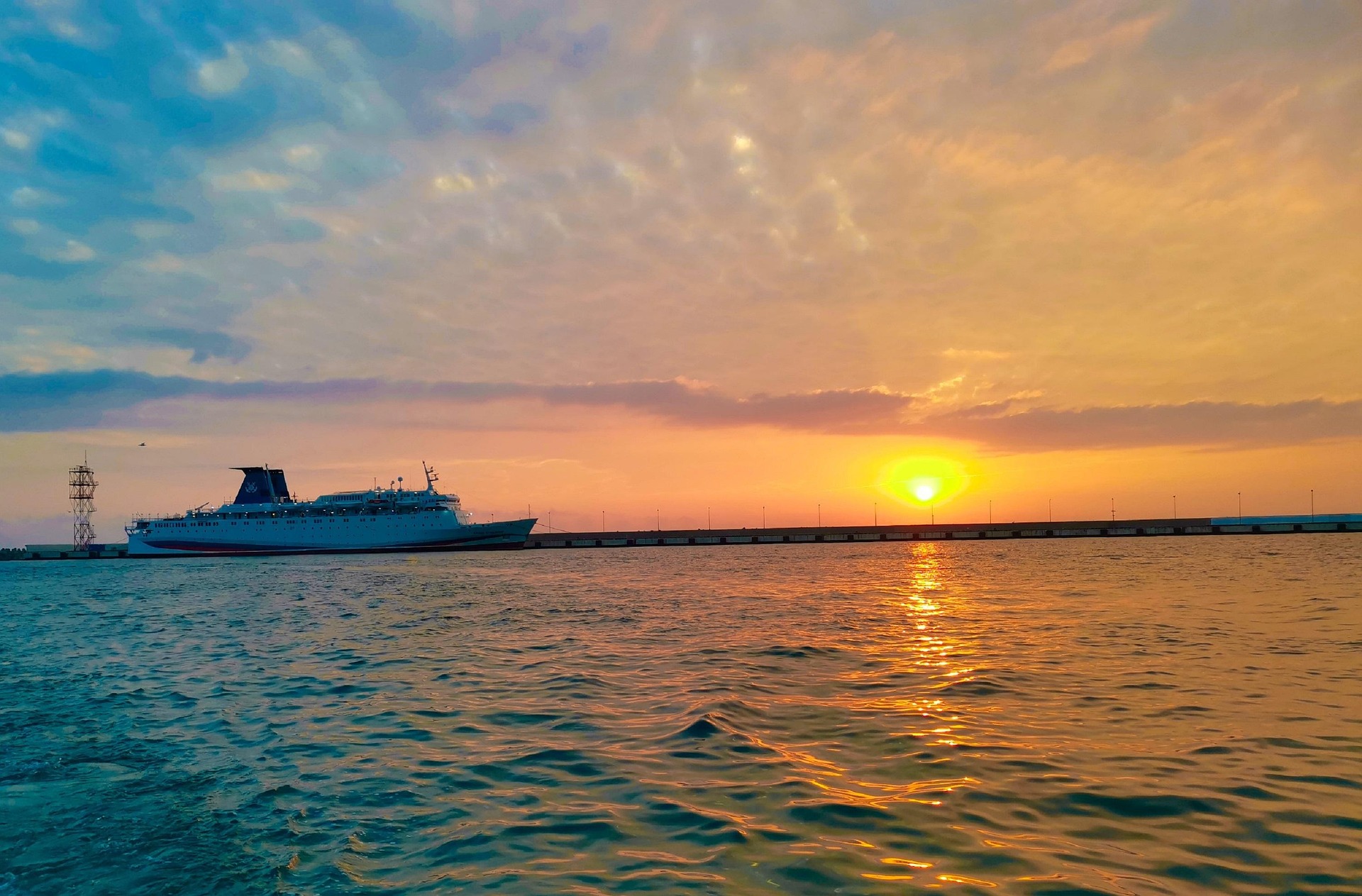
Training Courses
- Training Your Police: Tourism Oriented Policing (TOPs), how it works and why it is essential for a viable tourism industry.
- Getting On Board: Helping Your Police and Other City Employees to be Part of the Tourism Industry.
- Marketing to the Baby-boom Generation, Generation X and beyond.
- New Trends in Tourism Marketing and International Tourism.
- When the Market is Tight and the Economy Is Slow: New Ideas in Marketing.
- Developing a Successful Agricultural and Rural Tourism Industry.
- Something from Nothing: The Art of Creating New Attractions.
- Tourism Ethics: Linking the Wisdom of Moses to Your Tourism Product.
- Understanding Tourism Statistics: When is a fact a fact and when is it not? How to present data to the media.
- Dealing with Tourism Rage: What We Need to Know about Deflecting Anger.
- Getting on Board: Explaining Tourism to Police and Other City Employees.
- How Safe are Your Visitors? The Tourism Security Check-up Marketing to the Baby-boom Generation.
- Meeting Change Head-on
- New Trends in Tourism Marketing
- Rural Tourism and Economic Development.
- Something from Nothing: The Art of Creating New Attractions.
- The Art of Travel Writing and Press Releases.
- The Best of Tidbits: Some of Favorite Tidbits Topics given in oral form
- Tourism Ethics: Linking the Wisdom of Moses to Your Tourism Product
- Tourism Faces the Alternative School Calendar Issues.
Seminars
This innovative program will offer the participant several techniques on how to analyze the state of a community’s tourist industry. The seminar’s purpose is to give the local professional the necessary sociological and statistical tools needed in the identification of basic strengths and weaknesses within a local tourist system. Ideas will also be offered on how to correct problems and build on local strengths.
Benchmarking is the science that allows businesses to compare themselves to the best in their area/field. This seminar teaches you not only how to benchmark but how to decide with whom/what to benchmark. The seminar provides both a theoretical and applied framework for benchmarking and its applications.
This seminar will present a psychological and sociological analysis of good and bad points common to brochures. What are the consequences of false expectations? What does color theory have to say about brochures? How can the success or failure of a brochure be measured?
This seminar is designed for communities that seek long term steady growth. The seminar focuses on how tourism and tourism skills are an essential part in not only retaining already existing businesses in your community, but how it can help those business become part of the economic development program through expansion and greater success.
This seminar focuses in on the effects of tourism on culture, and how cultural uniqueness impacts on the tourist industry. The seminar uses both a functionalist and conflict theory approach to show areas of potential compatibility and flash-points. This seminar is designed to increase awareness of the effects of tourism within the total societal environment.
This seminar shows how important a police department is to the success of a tourism product. The seminar also demonstrates how much policing can learn from tourism, Some of the topics covered are:
- how tourism can help police departments improve customer service
- how tourism can help police departments to increase salaries
- how police departments and tourism entities can create meaningful dialogue
- how police departments can play a significant role in improving the community’s quality of life
- how police departments can become attractions and how tourism units can become a part of law enforcement.
This seminar provides insights into tourism’s multifaceted community roles. Among the subjects discussed are:
- the direct economic benefits of tourism
- the direct social benefits of tourism
- tourism’s role as a tool in the attraction of other industries
- tourism’s role in the development of local pride
- how tourist and political leaders can work together
This seminar gives food for thought on how present trends will impact on the tourist industry of tomorrow. Among the trends to be discussed are:
- new technologies in the field of transportation
- new technologies in the field of communication
- demographic patterns
- the allocation of time between work and play
- the lengthening of the public school year and its impact on the family vacation
This seminar will discuss the advantages and disadvantages of the tourist and retirement models. How do these two models interact? What are the positive ramifications from them working together? What are the negative consequences inherent from competition between these two industries? This seminar will present a socio-statistical outline of the tools needed to make a proper decision concerning the coexistence of these two industries.
This seminar will seek to provide an overview of the industry’s major “players.” Emphasis will be placed on the ways that the actions of one segment in the industry affects all other segments. Some examples are:
- the effect of hotel marketing on local attractions
- the effect of transportation arteries on restaurants
- the effect of destination development on local businesses
Other lectures include:
- Tourism Confronts Terrorism: What You Need to Know to Maintain a Viable Industry in the Face of Terrorism.
- Training Your Police: Tourism Oriented Policing (TOPs), how it works and why it is essential for a viable tourism industry.
- Getting On Board: Helping Your Police and Other City Employees to be Part of the Tourism Industry.
- Marketing to the Baby-boom Generation, Generation X and beyond.
- New Trends in Tourism Marketing and International Tourism.
- When the Market is Tight and the Economy Is Slow: New Ideas in Marketing.
- Developing a Successful Agricultural and Rural Tourism Industry.
- Something from Nothing: The Art of Creating New Attractions.
- Tourism Ethics: Linking the Wisdom of Moses to Your Tourism Product.
- Understanding Tourism Statistics: When is a fact a fact and when is it not? How to present data to the media?

